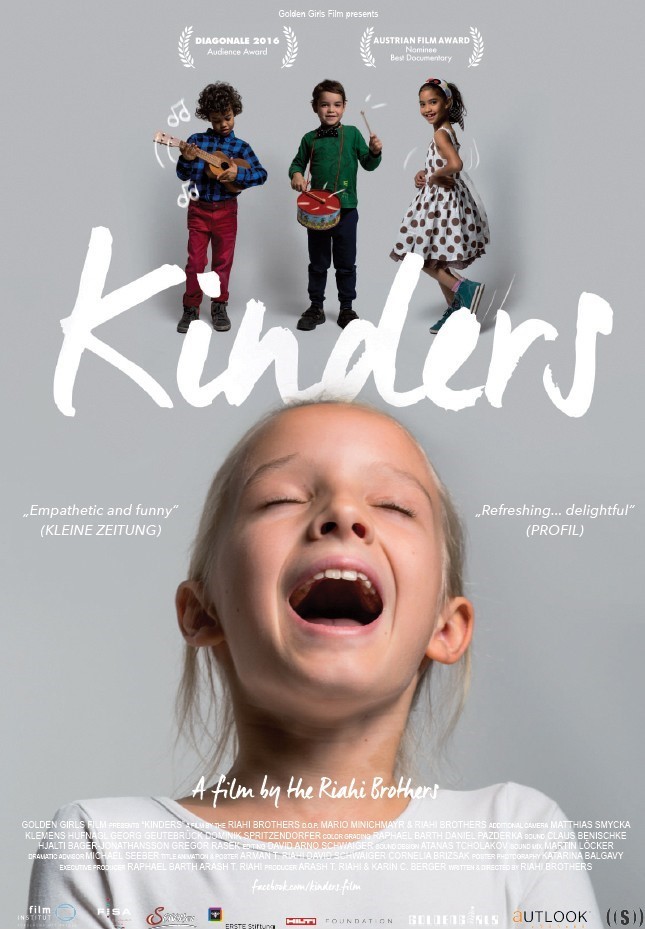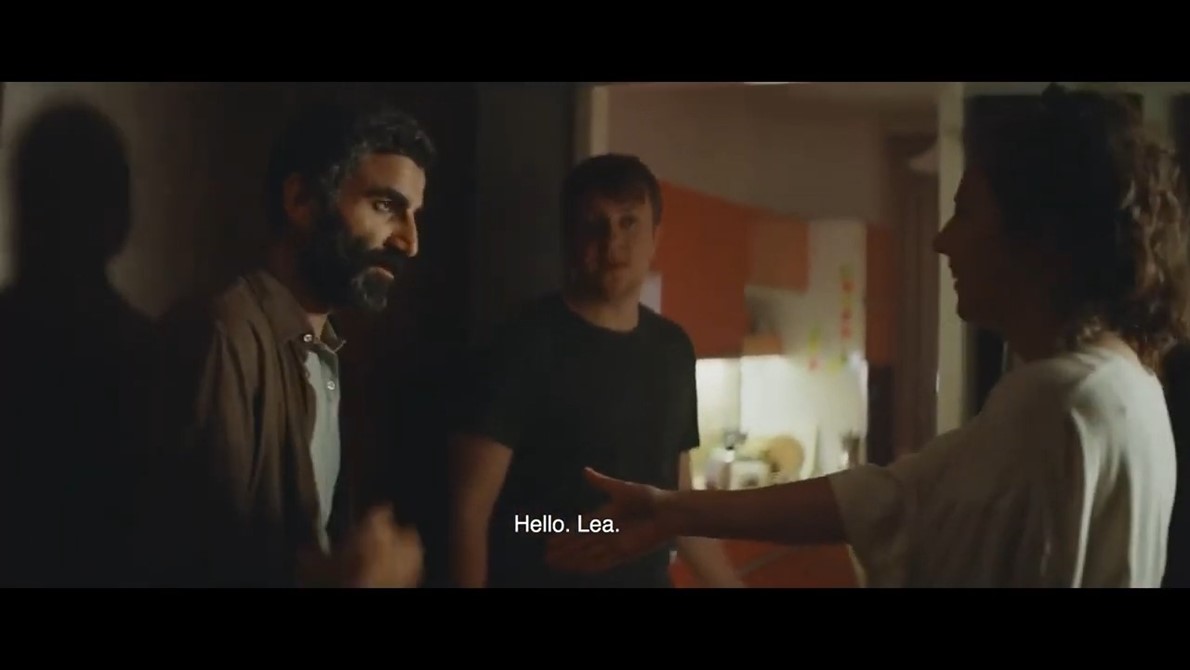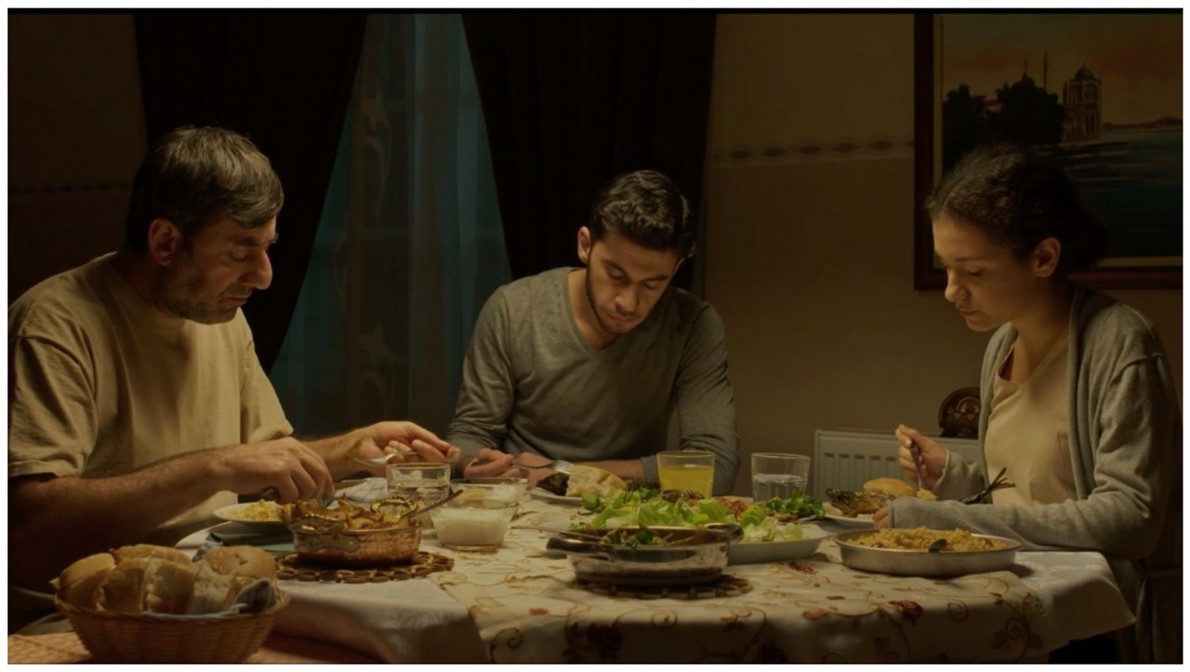The first iteration of the Austrian Film Days kicked off on Monday,
organized by the Royal Film Commission in cooperation with the Austrian
embassy. The screenings are part of an effort to promote cultural exchange and
communication between Jordan and
Austria through cinematography.
اضافة اعلان
The event is
scheduled to run from Monday, June 27 to Wednesday, June 29, at the Royal Film
Commission’s outdoor amphitheater.
Austrian Ambassador
to Jordan Osker Wusttinger told
Jordan News at the event’s opening that
he hoped it would become a yearly tradition.
“We see this event
as a natural contribution to the ever-tightening relations between Austria and
Jordan,” he said. This year marked the 40th anniversary of the
Austrian embassy in Amman, and “next year we will be celebrating 70 years of diplomatic
relations between our countries.”
Films are a
powerful tool to foster cultural understanding between countries and
communities; it connect people, he said, adding that “if Jordanians watch a
film set in Austria it gives a better understanding” and narrows the distance
between people.
It also help to
provide a better understanding to people from different backgrounds, connect:
“films: “we open up new, unknown perspectives on the world”, he added.
Austria has
cooperated with the
Royal Film Commission in the past at international film festivals
held in Jordan such as the European Film Festival or the UN Women Film
Festival, both organized in collaboration with the film commission.
The selection
process was the “biggest challenge”, the ambassador said, there were many
entries to choose from. Therefore the embassy submitted a list of films for the
commission to choose from.
The initial list
the embassy submitted tried to offer a variety of recent and older films,
Wusttinger said. “For us it was important to share both a feature-length drama
as well as a documentary.”
The selected films
The films chosen for screened during the Austrian Film Days are a varied
selection of narrative, documentary, and comedy films both long and short.
In the documentary,
“Kinders”, by the Iranian-born, Vienna-based directors Arash and Arman T Riahi,
a group of children and teenagers from different backgrounds face difficulties,
and through a musical program founded by Caritas, Wiener Konzerthaus, and the
Vienna Boys Choir, they transform.
Through music, they
experience social engagement, training, and discussions, which awaken their
creativity and help them overcome struggles in their life. The film follows a
few of the children of the course of years and how shows the audience how they
changed and grew.
Kinders of course
as sad moments, but others are filled with laughter, hope, and power.

The four short
films presented during the Austrian Film Days were the result of a
collaborative effort by the Austrian foreign ministry and the Austrian Film
Academy; all the short films had been in the running for the 2021 Austrian Film
Award for best short film.
“Der Wächter” by
Albin Wildner
In his mid-fifties, unemployed building technician Raphael moves back in
with his bedridden mother, who is cared for several times a week by the
Ukrainian nurse Vera. The threat of losing his
unemployment benefits forces him
to accept a job as a night watchman. After a tragic incident, he not only finds
himself torn from his newly acquired routine, but also abandoned by his
employer and the state.
The film is a
touching, yet haunting, look at that part of society whose secure livelihood is
in danger of disappearing.
“Die Waschmaschine” by Dominik Hartl
The first short film in Austrian filmmaker Dominik Hartl ‘s master’s
program, “The Washing Machine” is a realistic story about the need to stand on
one’s own two feet, which also addresses irrational fears.
Simon (Thomas
Schubert) and Lea’s (Brigitta Kanyaro) broken washing machine is annoying them,
so they turn to the internet to rid themselves of it. Hassan (Aziz Çapkurt)
answers her ad, which does not mention that the washing machine is broken, only
that it has to be picked up in person. When Hassan complains the next day,
Simon gets scared.

The 25-minute short
film tells a true-to-life story with humor and lightness about couple dynamics
and human weaknesses such as false pride and irrational fears.
“Fische” by Raphaela Schmid
A photograph in pastel colors and an introduction to the film’s
characters and their almost naive gestures immediately give “Fische” (Fish in
German) a light, delicate, almost carefree tone, as if one were suspended in
time. This presentation is the perfect counterpoint to the first dialogue
between the two young protagonists.
The audience finds
themselves catapulted into a fairytale, although the location itself is a
Chinese restaurant. Inside a huge aquarium, numerous goldfish swim. Voices upon
voices overlap in the background. Two estranged brothers (Julia Franz Richter
and Roman Binder) meet following the death of their mother. While one of her
cared for her during her final days, the other walked away from her, preferring
to run away from his responsibilities.
Fische, therefore,
is the story of two brothers who have lost sight of each other and are trying
to reconnect.
Raphaela Schmid, in
this small and precious work of hers, has made communication in general and,
specifically, the overlapping of various communication levels the leitmotif of
the whole discourse.
Within minute,
Fische manages to touch on important topics as light as a feather and as
pleasant as a sip of fresh water.
Das Urteil im Fall K. by Özgür Anil
After a court decision, a family consisting of the single father Mustafa
(Nazmi Kirik) and his two children Emine (Zelal Kapcik) and Ekrem (Cem Deniz
Tato) tries to find its way back to normality. However, the mild sentence and
the traumas experienced will not let go of the family and both siblings try to
find their way to cope.

Özgür Anil’s “The
Verdict in the Case of K.” demonstrates how a family deals with a court verdict
it does not see as justice. The film explores trauma as experienced by a victim
and their family.
With calm camera
work, Anil captures the impact of such events in a subdued way that allows the
pain of those affected speak for itself.
Read more Entertainment
Jordan News



